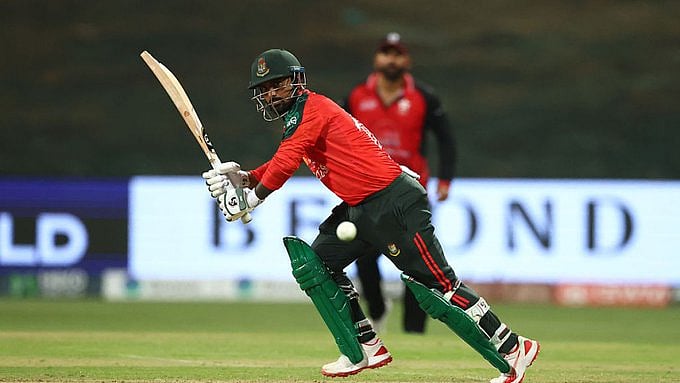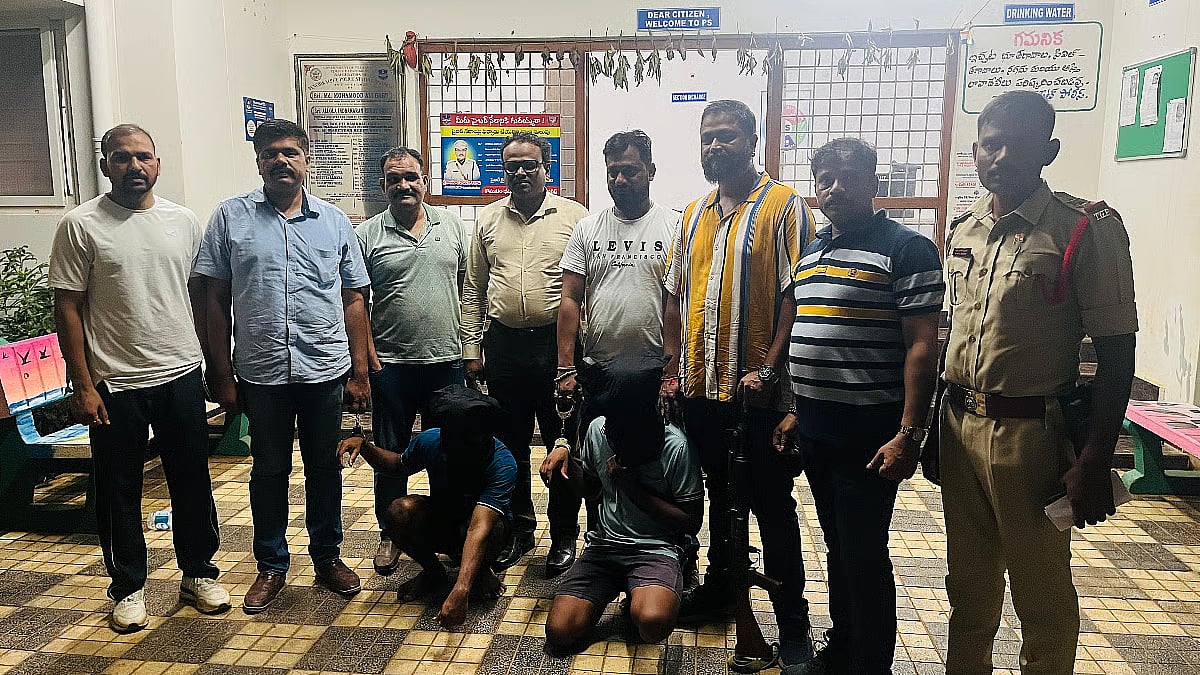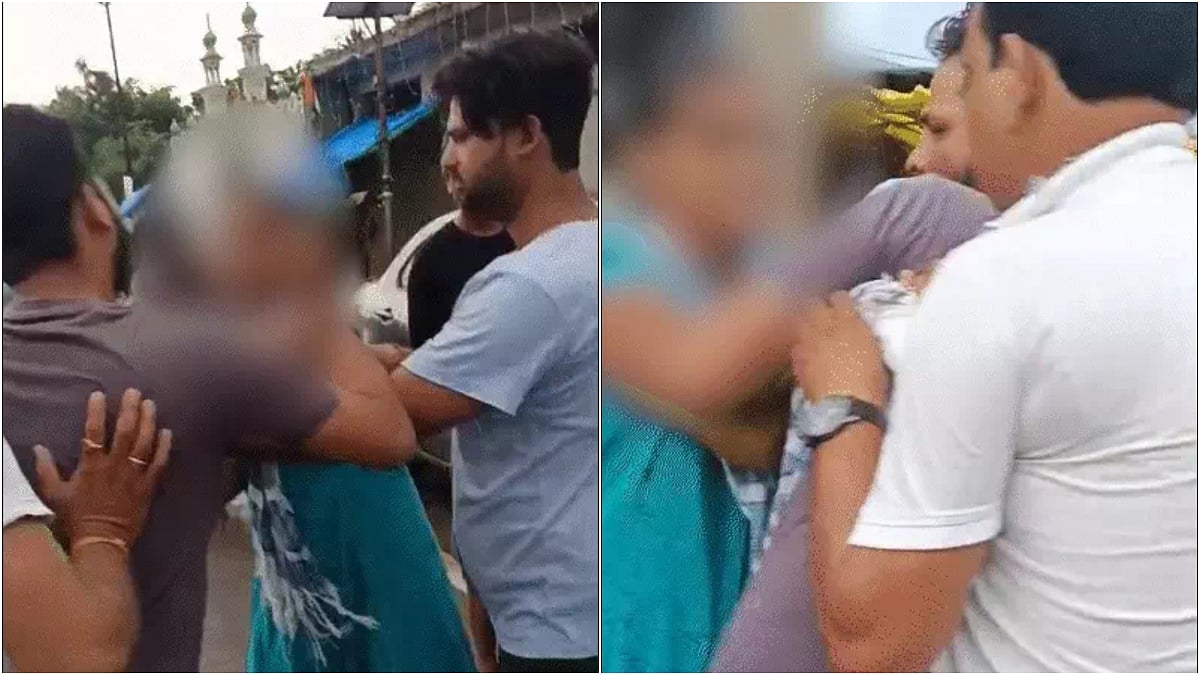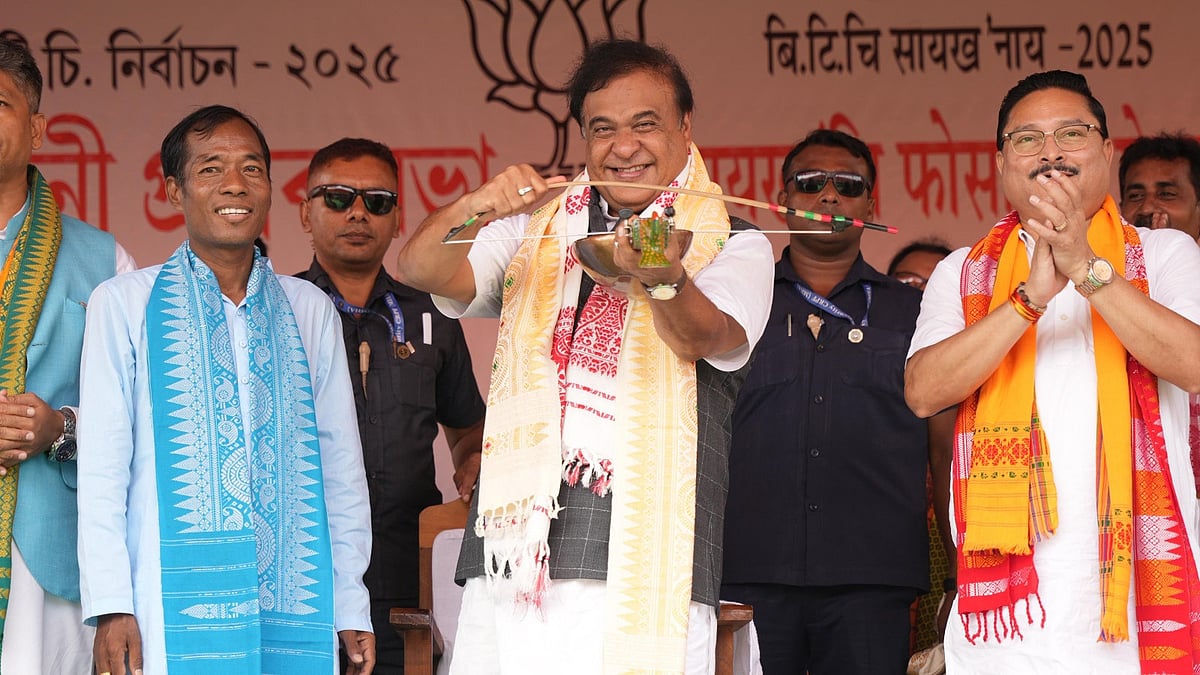In the wake of the devastating Pahalgam terror attack that claimed 26 lives, questions arise about India's defence preparedness and strategic response. To delve deeper into these concerns, we spoke with Commodore Uday Bhaskar (Retd.), a renowned strategic affairs expert and Director of the Society for Policy Studies.
Q: Commodore Bhaskar, how do you assess the Pahalgam attack in the context of India's current security landscape?
A: The Pahalgam attack is a stark reminder of the persistent threats India faces, especially in regions like Jammu and Kashmir. Such incidents underscore the need for constant vigilance and adaptive security strategies. It's not just about responding to attacks but anticipating and preventing them through robust intelligence and community engagement.
Q: What measures should be prioritized to prevent such attacks in the future?
A: Strengthening local intelligence networks is paramount. The primary responsibility for intelligence gathering lies with local police forces, but there must be seamless coordination with central agencies. Additionally, community policing and public awareness can play crucial roles in identifying and mitigating threats early on.
Q: There's been criticism about the politicization of such incidents. How should political discourse be shaped in these times?
A: National security should transcend political divides. While it's natural for political entities to have differing views, unity in the face of terrorism is essential. Constructive criticism aimed at improving security measures is welcome, but it should be devoid of partisan agendas.
Q: How do you view the role of civic leaders and local legislatures in ensuring regional security?
A: Civic leaders and local legislatures are integral to regional stability. They act as bridges between the populace and security apparatus. Their engagement can foster trust, encourage community participation in security initiatives, and ensure that local concerns are addressed promptly.

Q: In light of the attack, what message should India's defence establishment convey to both domestic and international audiences?
A: India must convey a message of resilience and zero tolerance towards terrorism. Domestically, it's about reassuring citizens of their safety and the nation's commitment to justice. Internationally, it's crucial to highlight India's proactive stance against terrorism and seek collaborative efforts to combat such threats globally.










